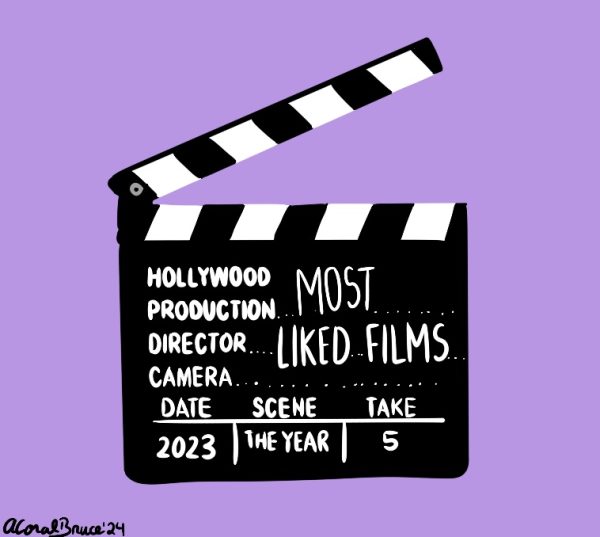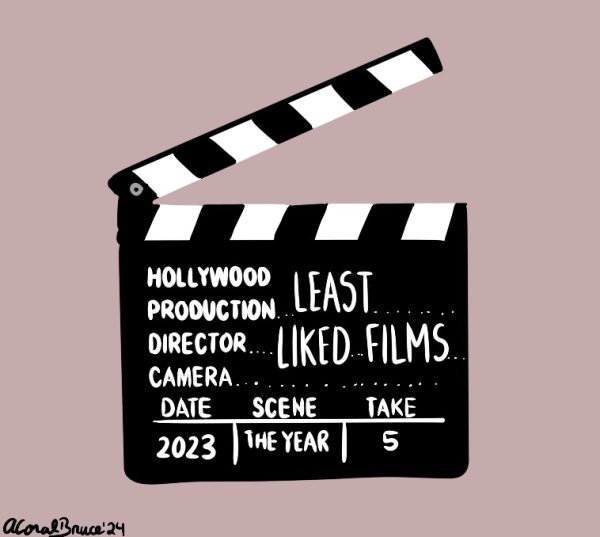Media coverage of presidential race one sided
September 28, 2015
Donald Trump has said many statements that have landed him multiple headlines since he announced his candidacy in early June.
Trump is leading the polls for the Republican party due to his reputation and the views he has displayed throughout his campaign.
The question? Is Trump’s successful campaign fueled by the fact that he’s qualified for the position of “President of the United States,” or is it fueled by his ability to speak without a filter, which causes headlines?
The irony of this is that in writing this article, I am only creating more media coverage. Does it make a difference?
Becoming the president requires political knowledge. Being unaware of foreign and domestic problems is common with citizens in the U.S., but it is not common with the president.
Trump has made it clear that political correctness is not his first priority.
In the first GOP debate on Fox News, Trump told Megyn Kelly, “I’ve been challenged by so many people and I don’t frankly have time for political correctness.” How can a person running for president, one of the most politically involved jobs a person could get, believe that they do not have to be politically correct?
According to a study by The Atlantic, if you add up the headlines made up by all the republican candidates, minus Trump and Jeb Bush, there are 92,371 headlines as of August 28.
Trump has made 95,431 headlines, a little over 3,000 more than his fellow candidates. But why?
His controversial opinions are the reason media outlets pay attention to him in the first place.
In his candidacy announcement, he referred to immigrants as criminals and rapists.
These comments put all of Latin America under a single light. This led to many problems with Univision, Telemundo, and many other Latino based corporations all over Latin America and the U.S.
When a community is offended at this level, the media coverage will go through the ceiling.
The controversy drives his presence in the media, not his political policies.
“I think women in this country have heard very clearly what Mr. Trump has to say.” Republican candidate, Carly Fiorina said, referring to Trump’s controversial comments toward women.
Her stance was seen, as stated by CBS News, to be “one of the strongest moments of the debate,” yet the article was headlined, “Candidates bicker and spar with Donald Trump in second Republican debate.”
The focus is put solely on Trump because he is the one that produces the most readers due to his comments, all politics aside.
As media consumers and producers, we must ask ourselves: are we talking about this candidate because of their policies? Or, are we talking about them because of their ability to make headlines?










